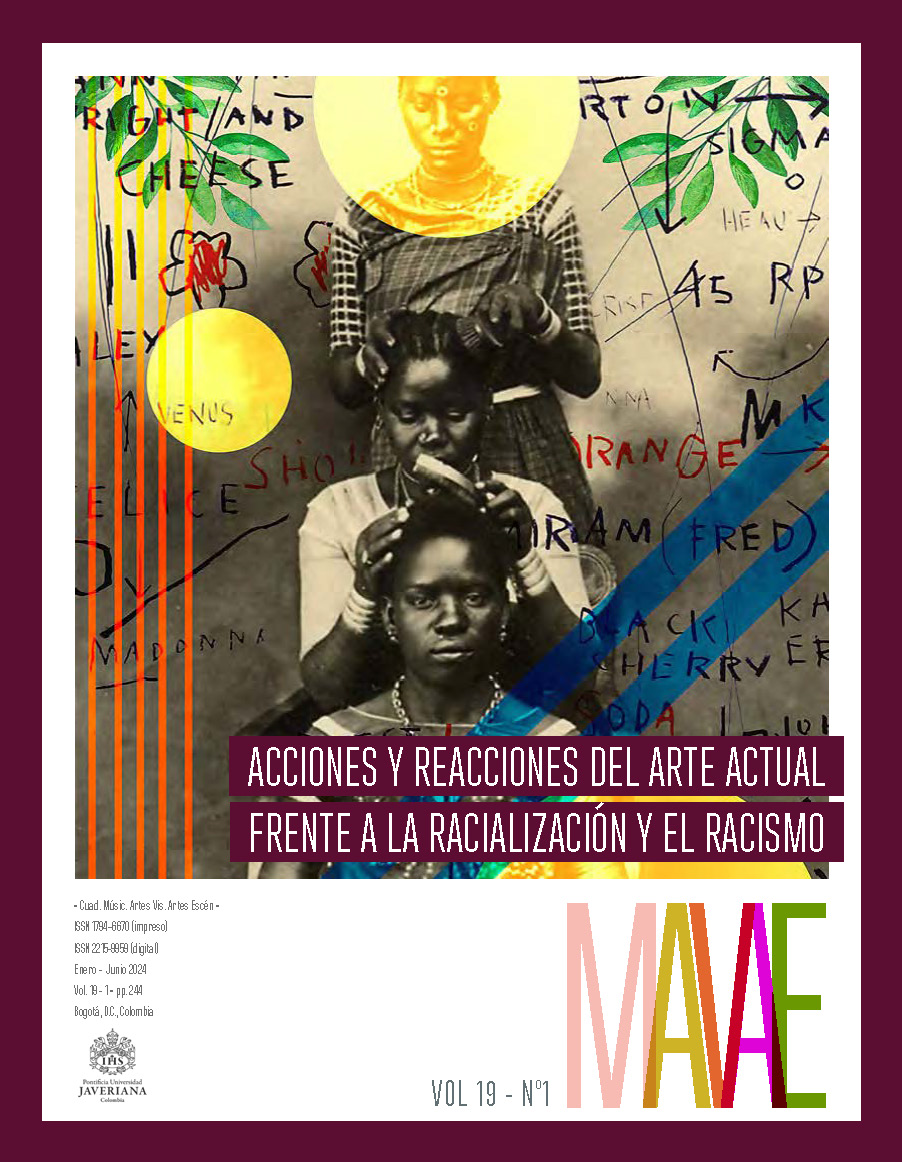Abstract
The musical and dance manifestations of oral tradition have an important participation in musical research in Colombia. Nevertheless, the current disagreements between “informants” and “researchers” show that the dispute over this knowledge and know-how is no longer an insubstantial matter despite the little interest shown by specialized studies. In this article we unveil, starting from the becoming of some oral tradition musics and their contributors, the logic of inferiorization which underlies its re-appropriation in the context of academic music research. To this effect, the methodology combines elements of historiographic-musical review and participant observation that allow us to conclude that this logic is one of the main generators of the exponential increase in inequalities between musical communities and researchers. We consider that our anthropological-ethical interpretation of such relevant events might contribute to the debate around more inclusive research initiatives in music.

This work is licensed under a Creative Commons Attribution 4.0 International License.
Copyright (c) 2023 Bernardo A Ciro-Gómez, Francisco Alexander Tenorio Quiñones, Héctor Enrique Rapalino Barrionuevo


